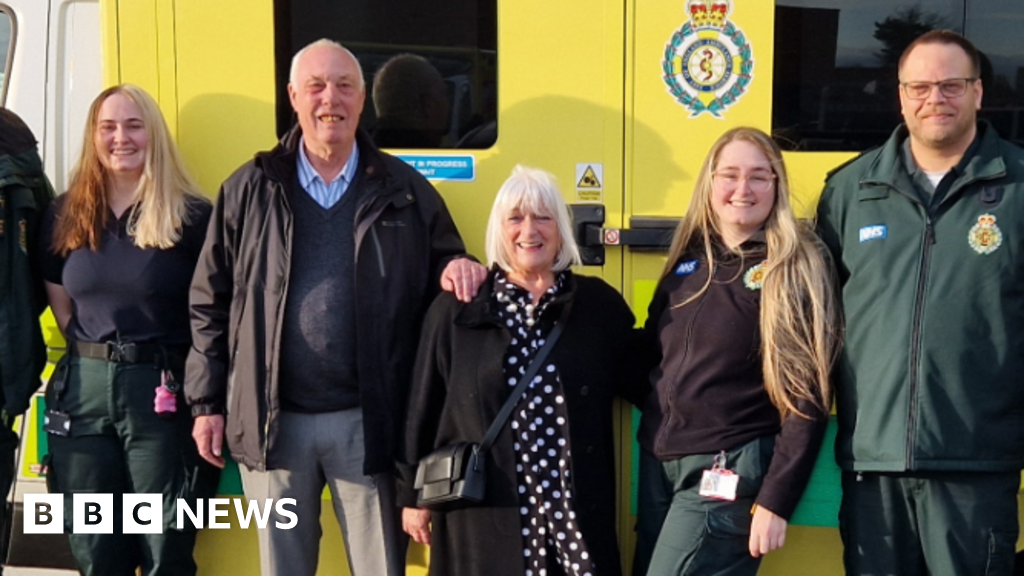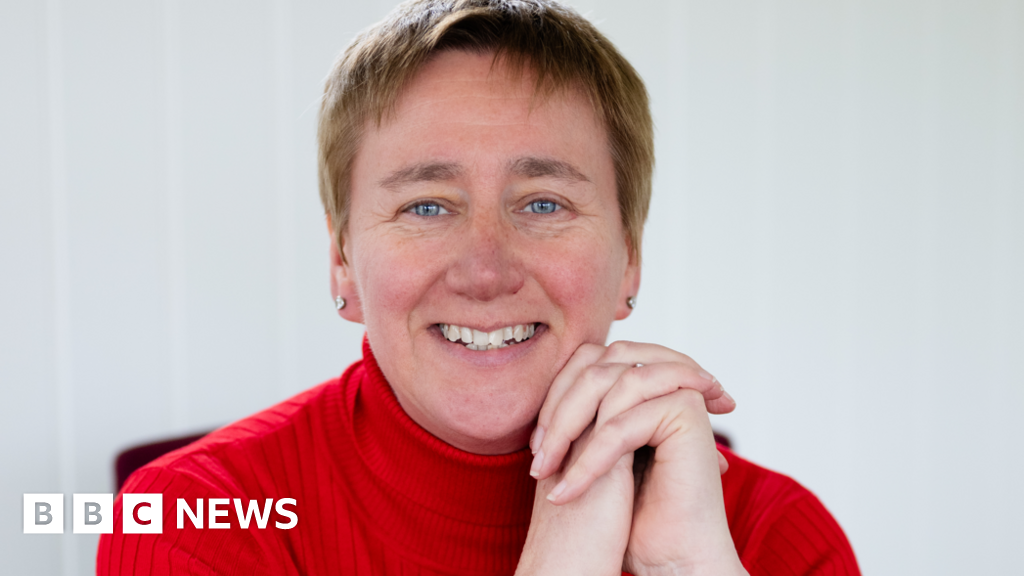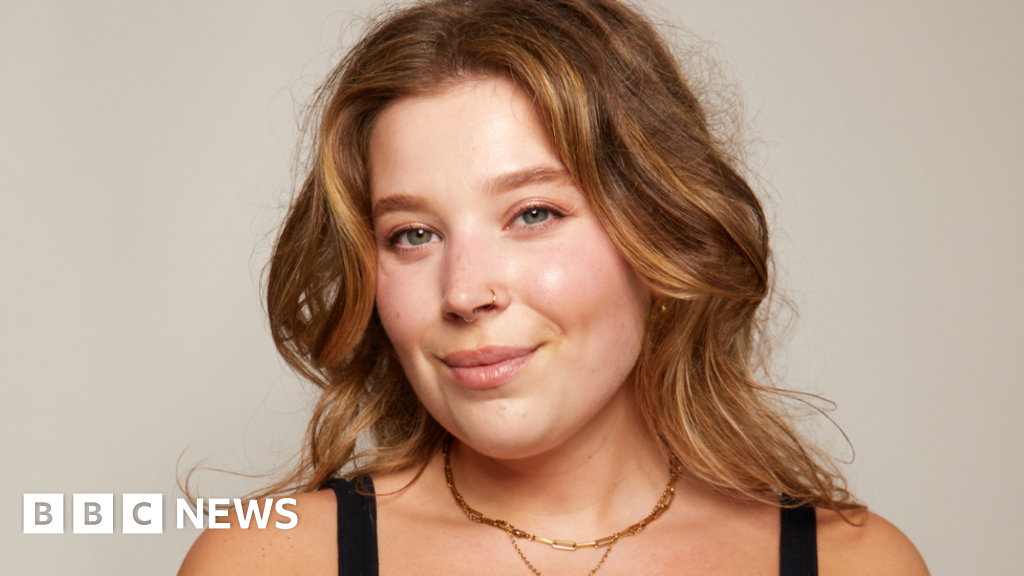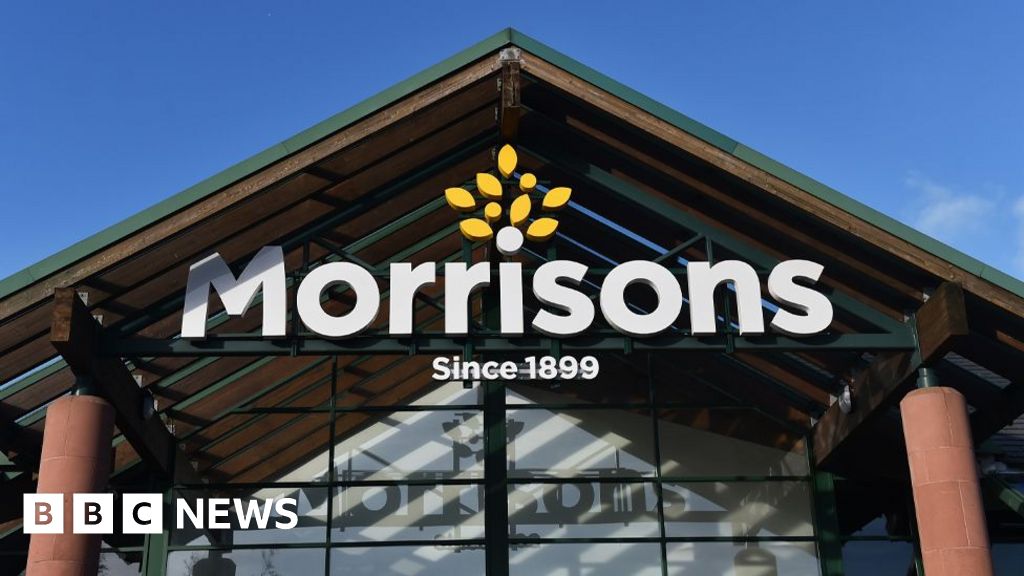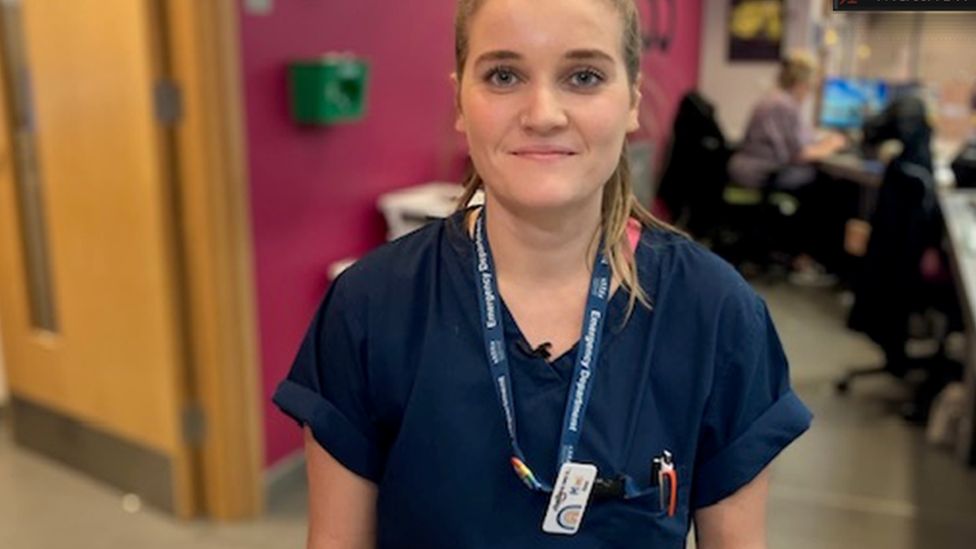
Mimi Worrall is the first point of call for patients in the emergency department
By Matthew Hill
BBC News, Bristol
A health trust is preparing for winter by investing millions to get patients in and out of hospital quicker.
The North Bristol NHS trust says the introduction of senior nurses to assess A&E patients is already having an effect.
It comes at a time when emergency departments are facing unprecedented demand.
Matthew Hill, BBC West Health Correspondent, spent a day shadowing a nurse at Southmead Hospital.
When it is busy, there can be up to 340 patients a day coming through the emergency department doors at Southmead.
The trust that runs the hospital, which opened in 2014, says there has been a five per cent increase in patient numbers each year.
As a 'streaming' nurse, Mimi Worrall is the first point of call for patients like Richard Hawkins who arrives at A&E having cut his hand with a saw.
Ms Worrall carries out a 30-second assessment of Mr Hawkins' bleeding thumb, before deciding to send him into a treatment room.
"In the past we would send more patients through triage which was a bit of a longer process, whereas now we try to use a band six or band seven [staff member] here and make those assessments nice and quickly," she says.
Ms Worrall redirects patients who come into the emergency department, sending them to a pharmacy or the GP if it is the most appropriate place -or to other areas within the hospital.
Richard Hawkins came in to A&E at Southmead after cutting his thumb with a saw
Southmead and University Hospitals Bristol and Weston have been given £3m of extra funding each to expand their Transfer of Care hubs.
The hubs are made up of a team of community health and social care professionals working on site to try to support patients like Pauline, who is well enough to leave hospital, as soon as they are medically fit for discharge.
But on this particular day I was told by one member of the team that there was no place in the community for Pauline.
With up to a third of beds blocked with patients like her, the hubs scheme could not come soon enough.
Pauline Cook, right, is fit for discharge from hospital but there are no care places available for her
Associate director for Integrated Discharge at Southmead, Cathy Daffada, tells me that during the Covid-19 pandemic all community colleagues left the hospital to work remotely.
She adds: "Now having them back here we are able to have conversations in real time.
"Previously, we would need to schedule these [conversations] into a diary. It could have added two to four days onto a person's length of stay.
"Stepping these up in real time means we get people out at the earliest opportunity."
This time last year it was not unusual to see more than 20 ambulances waiting with patients outside the emergency department at Southmead.
But today, there are only a few empty ones.
Of course, the growing challenge of finding appropriate care in the community for patients like Pauline is out of the hands of the people who run Southmead.
And that's why these days health and social care funding is increasingly pooled to allow a greater proportion to be spent in the community.
These new systems will surely get tested in the coming weeks as the colder weather begins to bite.
Related Internet Links
The BBC is not responsible for the content of external sites.
 (1).png)
 1 year ago
14
1 year ago
14
